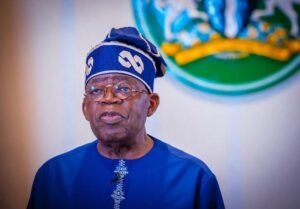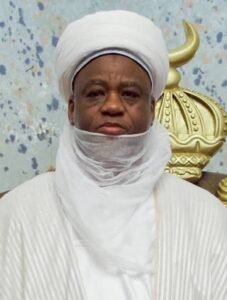Kenya: President Ruto appoints former army commander as chief mediator for South Sudan peace talks

Kenyan President William Ruto has taken a step towards fostering peace in South Sudan by appointing General Lazarus Sumbeiywo, a former army commander, as the chief mediator for peace talks between the government and hold-out groups.
This move marks the formal commencement of dialogue aimed at resolving longstanding conflicts in the region.
According to a dispatch from the office of President Ruto to South Sudanese President Salva Kiir, General Lazarus Sumbeiywo has been tasked with spearheading the mediation process, with the assistance of Kenyan diplomat Mohamed Ali Guyo.
The appointments come at the request of President Kiir and are aimed at facilitating constructive discussions between the government and various opposition factions operating under the umbrella of hold-out groups.
In addition to government and opposition representatives, the dialogue will also involve participation from faith-based groups and civil society organizations, underscoring a commitment to inclusivity and broad-based engagement in the peace process.
General Lazarus Sumbeiywo brings a wealth of experience to his new role, having previously played a pivotal role in mediating conflicts in South Sudan. Notably, he was instrumental in facilitating the signing of the comprehensive peace agreement in 2005, which ultimately led to South Sudan’s attainment of self-government and eventual secession in 2011.
His track record also includes serving as a Kenyan special envoy for Sudan in the late 1990s and mediating peace talks between the government of Sudan and the Sudan People’s Liberation Movement.
President Ruto emphasized General Sumbeiywo’s deep understanding of the complexities surrounding the South Sudanese conflict and his ability to navigate the intricate dynamics involved in the peace process.
South Sudan continues to grapple with numerous challenges, including the lack of implementation of key provisions outlined in the 2015 peace agreement revitalized in 2018.
The hold-out groups, comprised of both armed and non-armed dissidents, have cited concerns regarding inclusivity and the failure to address underlying grievances as reasons for their refusal to sign the agreement.








